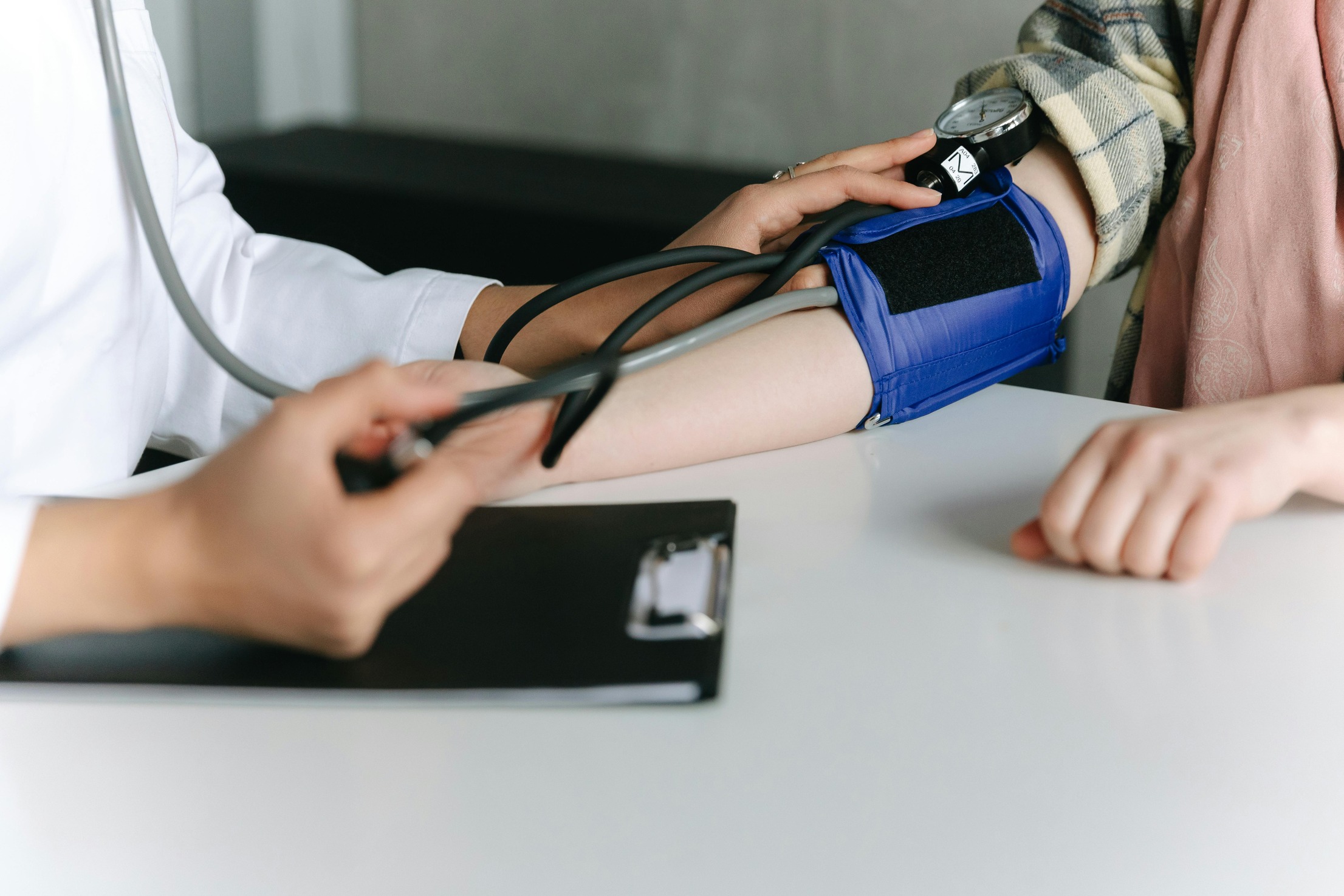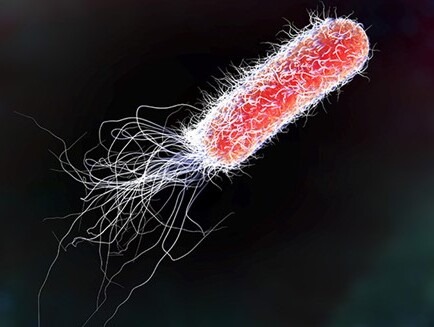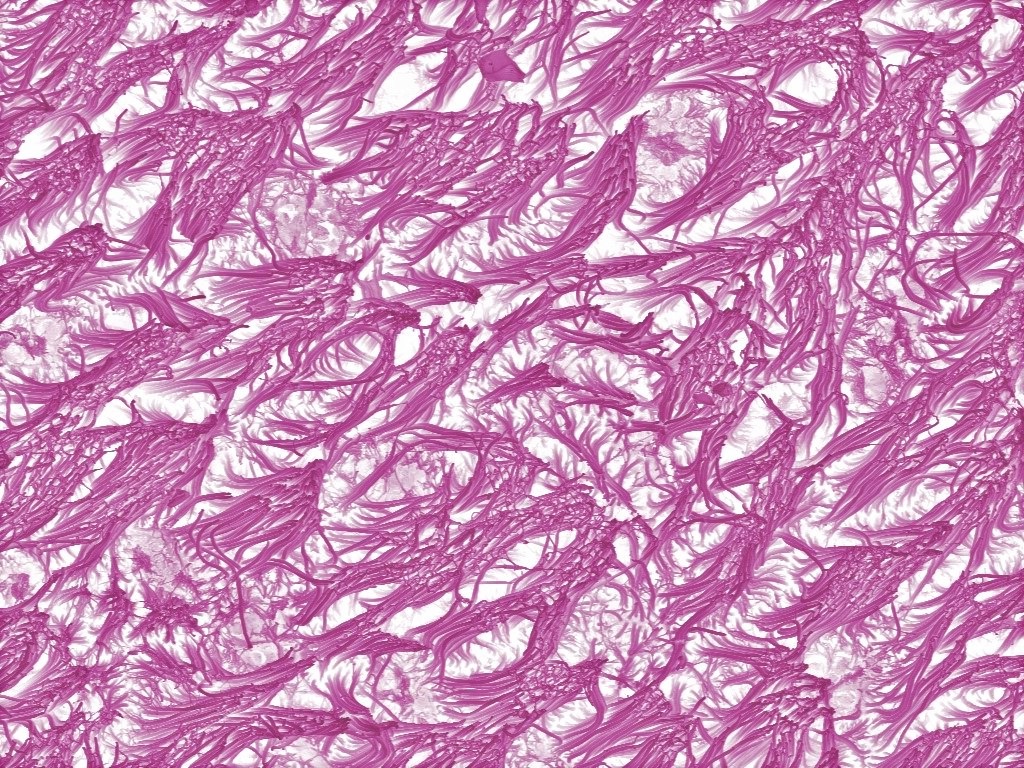Sunlight and the Impact on Blood Pressure
Recently published work by researchers at UKHSA has shown that low exposures to natural sunlight (around 10 minutes on a clear summer day) can expand blood vessels in vitro. Importantly, these doses of sunlight produced no detrimental effects to the cells. It may be possible to be protected against the harmful effects of sunlight while taking advantage of the benefits to our health that sunlight has to offer, though further work is needed to study these effects in humans. Research on this area continues under the NIHR Health Protection Research Unit in Chemical and Radiation Threats and Hazards and in collaboration with partner universities.
Further Reading:
Sunlight and the Impact on Blood Pressure




